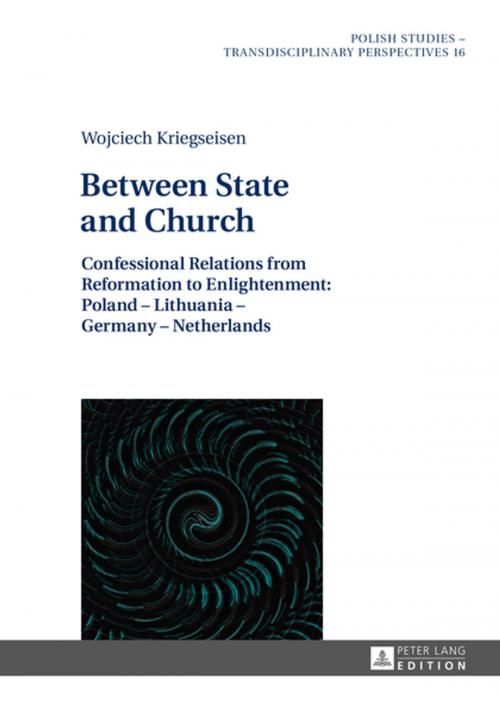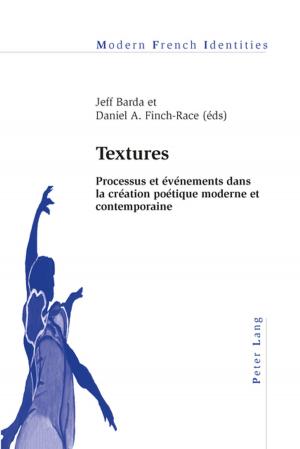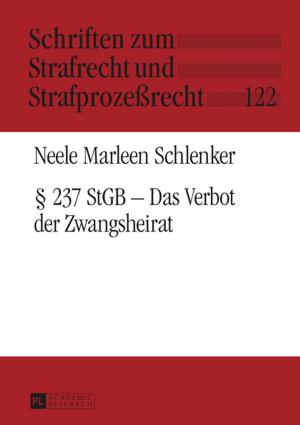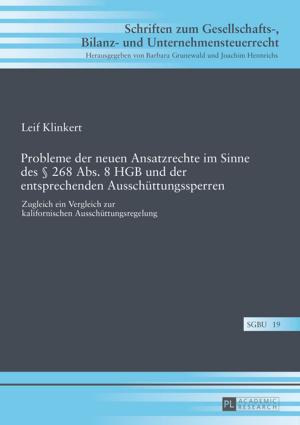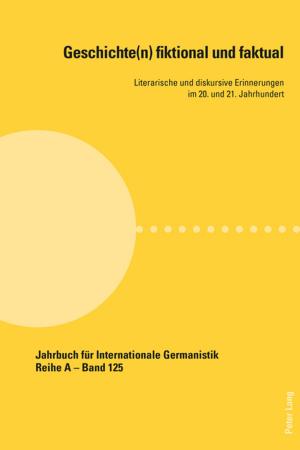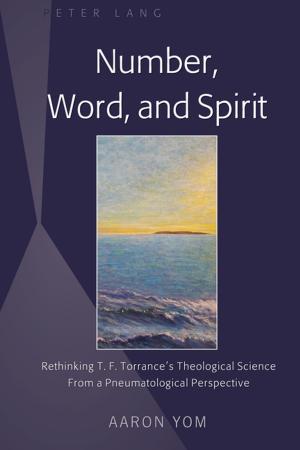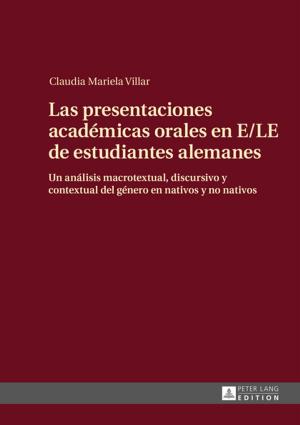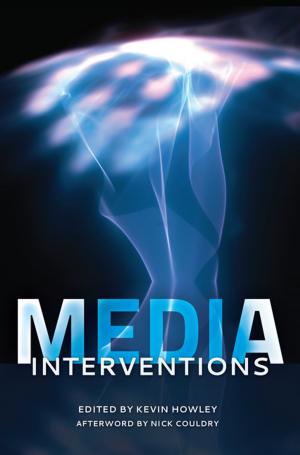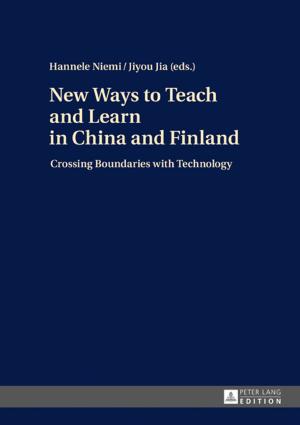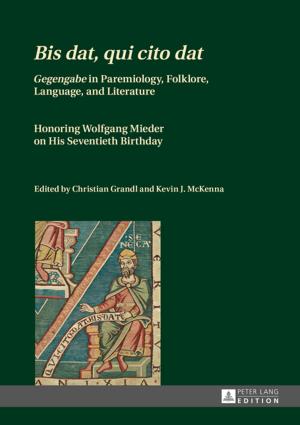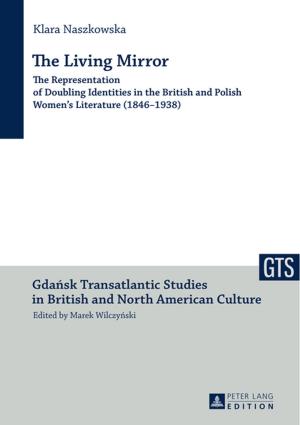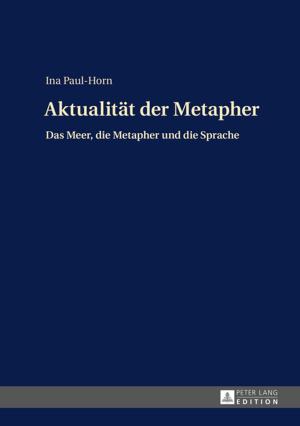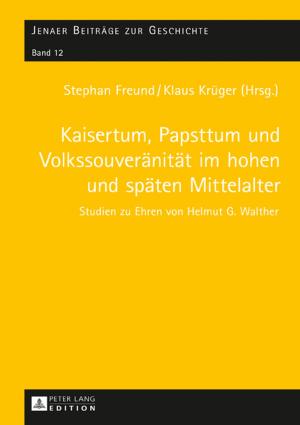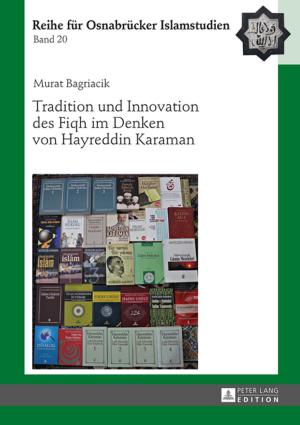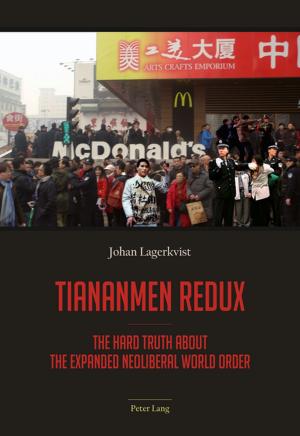Between State and Church
Confessional Relations from Reformation to Enlightenment: Poland Lithuania Germany Netherlands
Nonfiction, History, Eastern Europe, Germany, European General| Author: | Wojciech Kriegseisen, Alex Shannon | ISBN: | 9783653999020 |
| Publisher: | Peter Lang | Publication: | December 11, 2015 |
| Imprint: | Peter Lang GmbH, Internationaler Verlag der Wissenschaften | Language: | English |
| Author: | Wojciech Kriegseisen, Alex Shannon |
| ISBN: | 9783653999020 |
| Publisher: | Peter Lang |
| Publication: | December 11, 2015 |
| Imprint: | Peter Lang GmbH, Internationaler Verlag der Wissenschaften |
| Language: | English |
The different theoretical notions and practices of the relations between the state and religious communities in early modern Europe constitute one of the most interesting problems in historiography. Moving away from a simple «toleration» versus «non-toleration» dichotomy, the author sets out to analyse the inter-confessional relations in selected European territories in a «longue duree» perspective, between Reformation and Enlightenment. Outlining the relations between the state and the different Churches (confessions) in the Polish-Lithuanian Commonwealth, the Holy Roman Empire of Germany, and the Northern Netherlands serves to highlight the specificity of Northern Netherlands serves to highlight the specificity of «free» (non-absolutist) composite states, where the particularly complex process of defining the raison d’etat determined the level of religious toleration that was politically feasible and socially acceptable.
The different theoretical notions and practices of the relations between the state and religious communities in early modern Europe constitute one of the most interesting problems in historiography. Moving away from a simple «toleration» versus «non-toleration» dichotomy, the author sets out to analyse the inter-confessional relations in selected European territories in a «longue duree» perspective, between Reformation and Enlightenment. Outlining the relations between the state and the different Churches (confessions) in the Polish-Lithuanian Commonwealth, the Holy Roman Empire of Germany, and the Northern Netherlands serves to highlight the specificity of Northern Netherlands serves to highlight the specificity of «free» (non-absolutist) composite states, where the particularly complex process of defining the raison d’etat determined the level of religious toleration that was politically feasible and socially acceptable.
